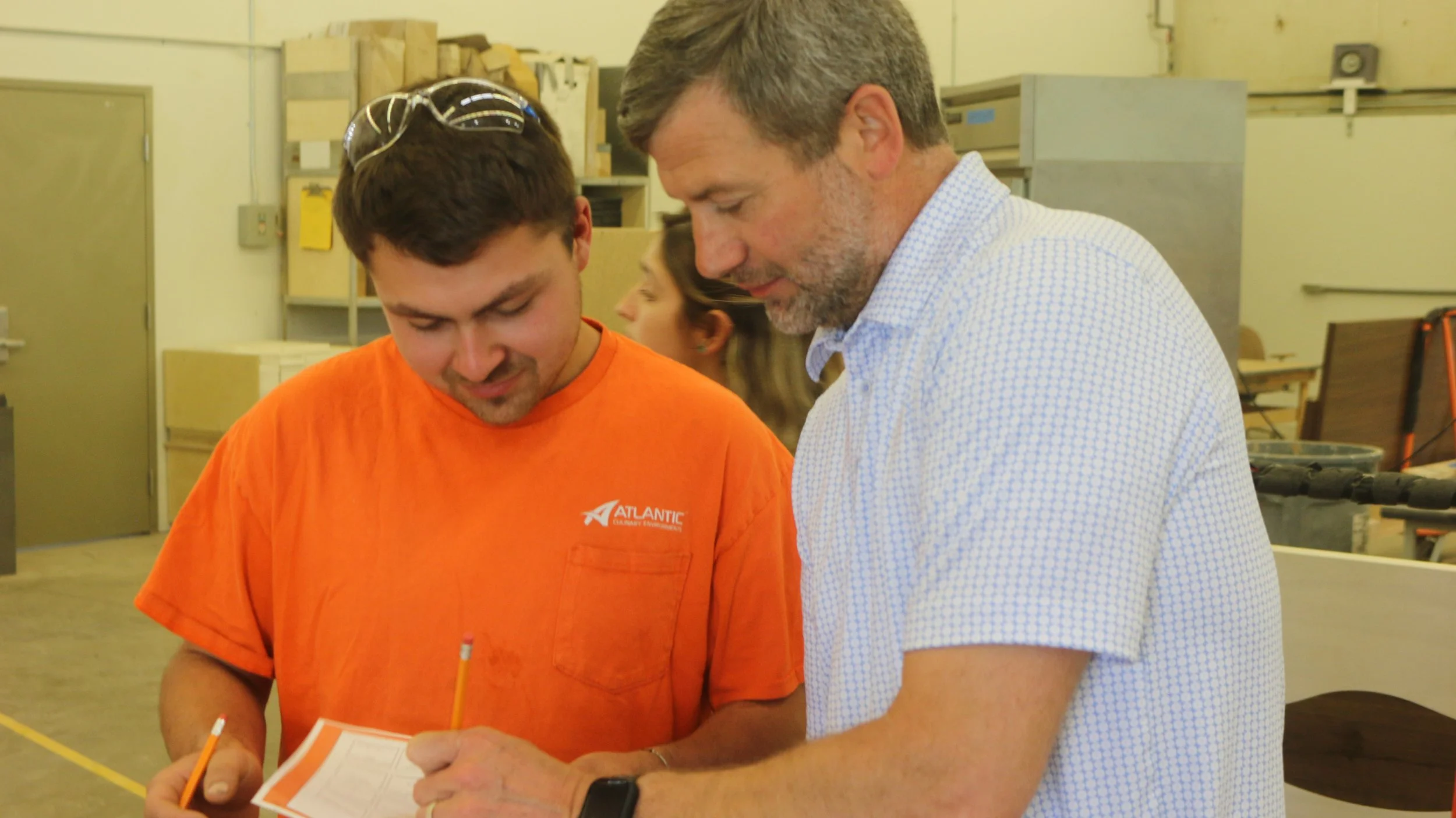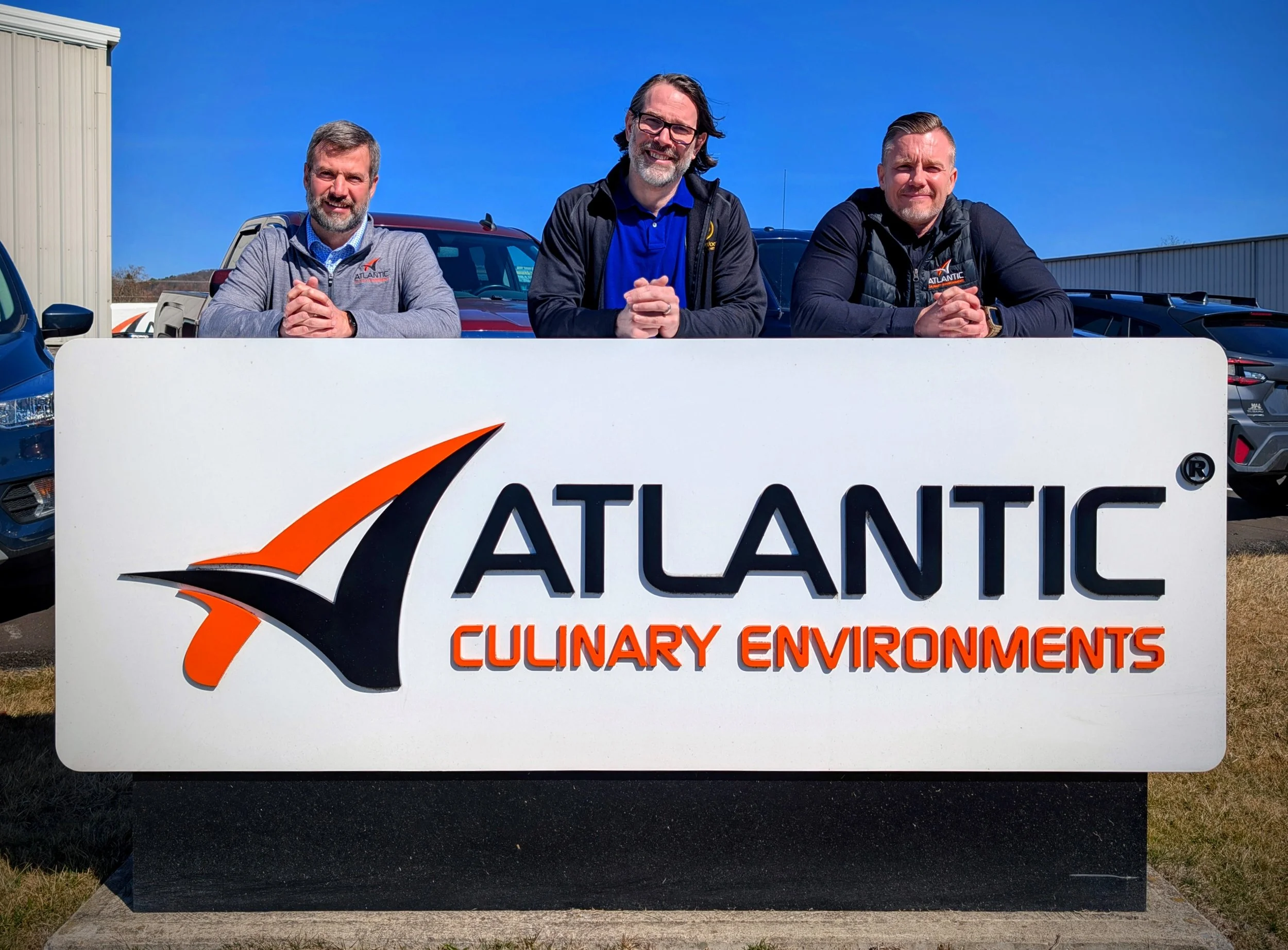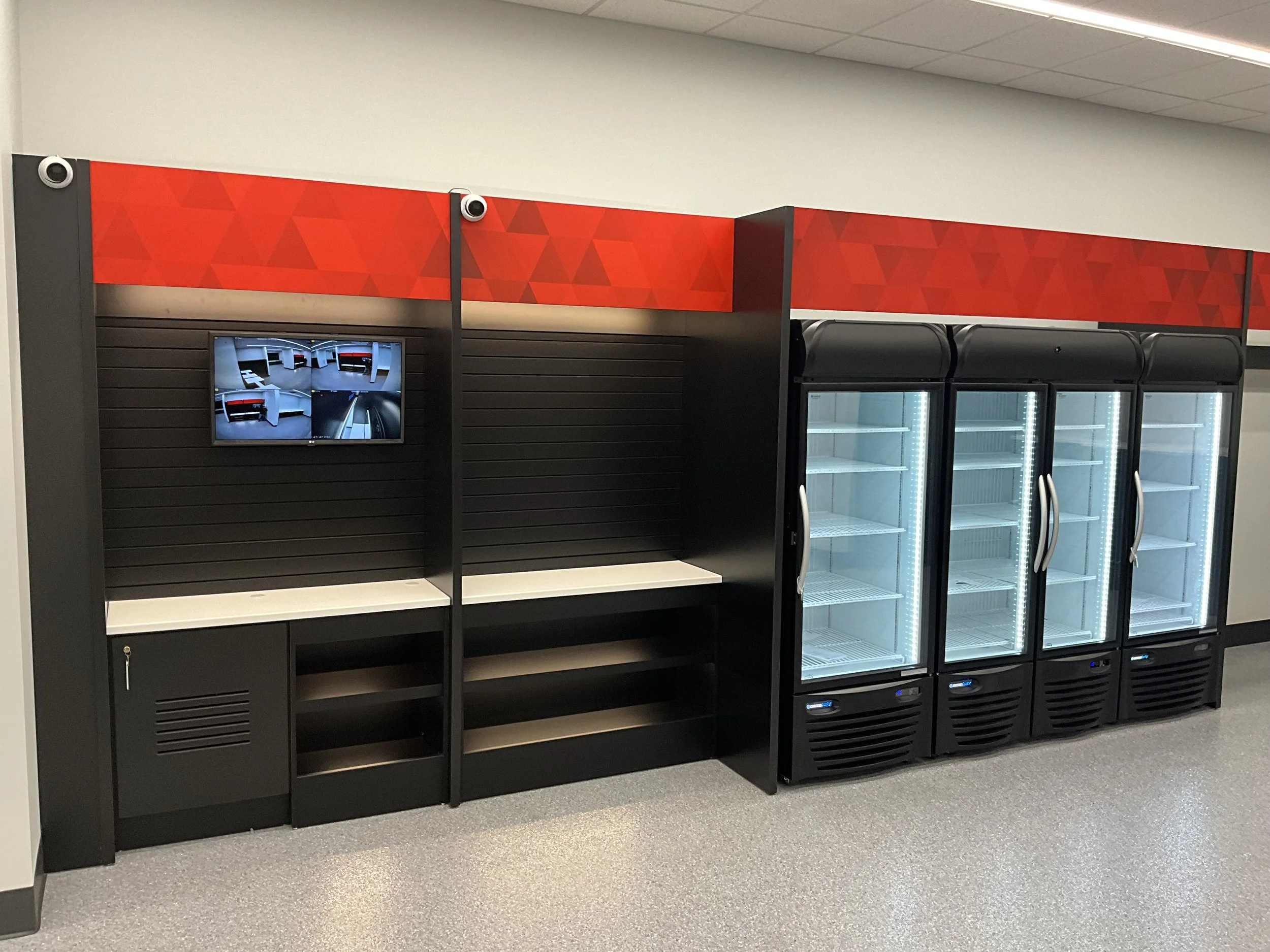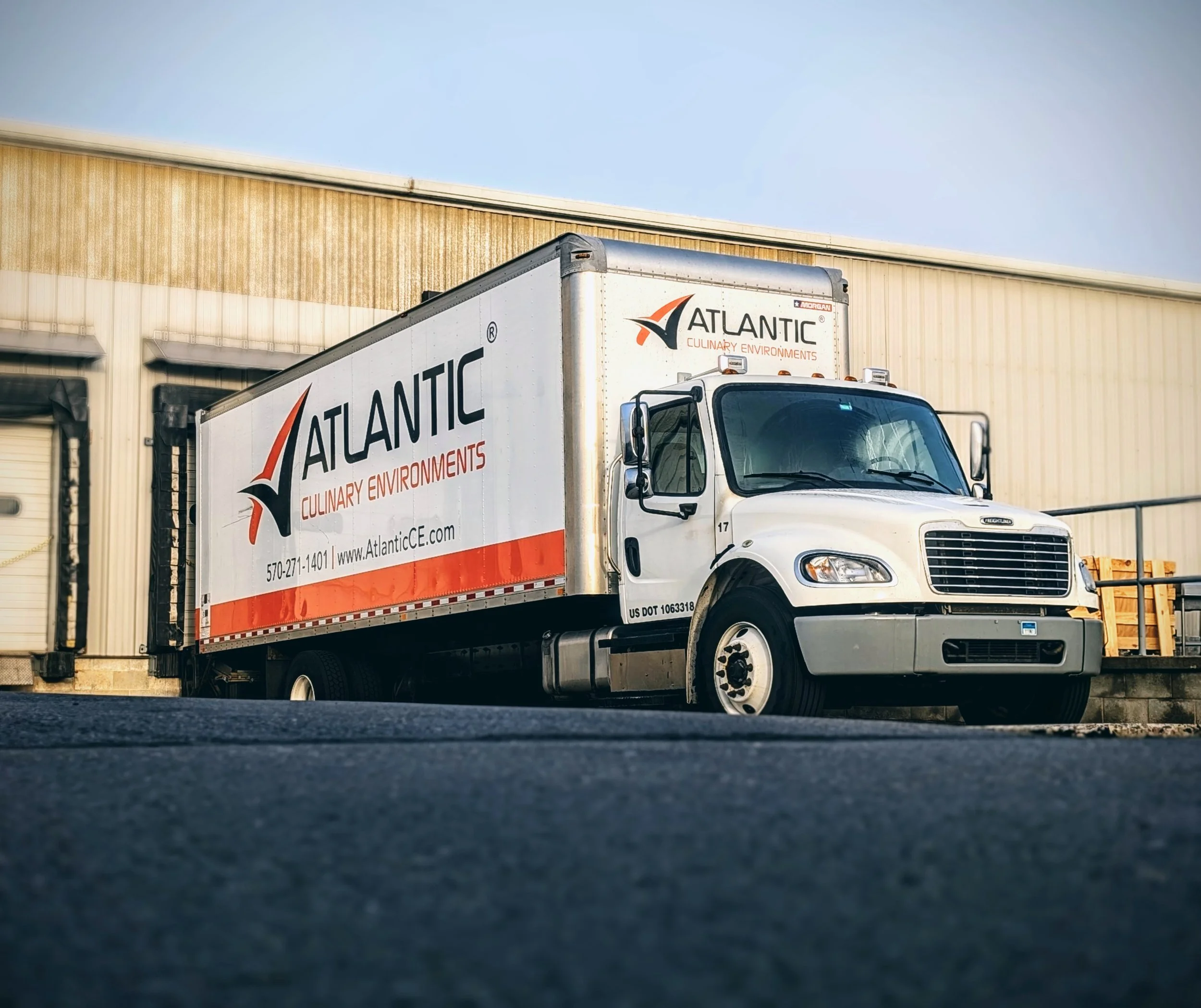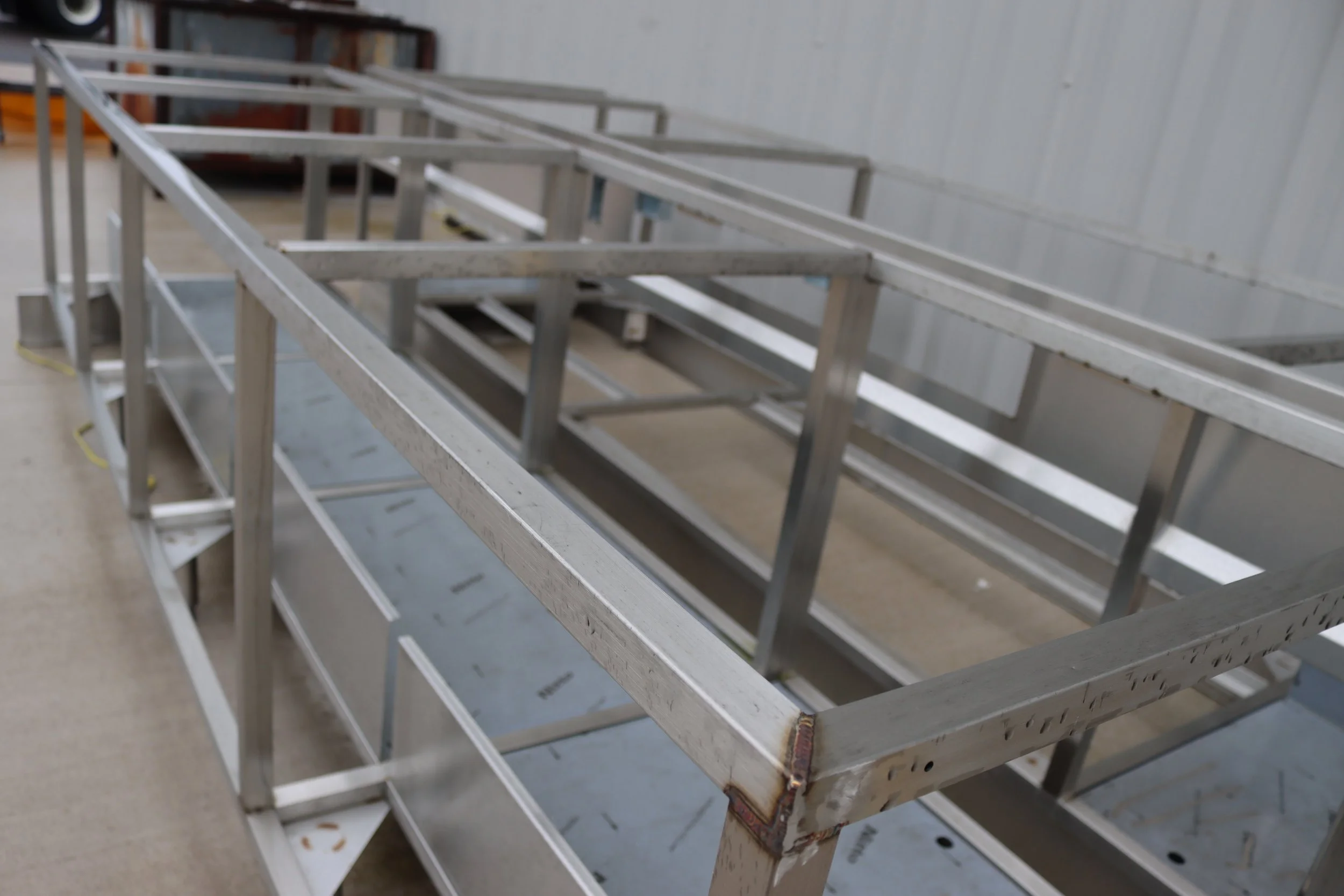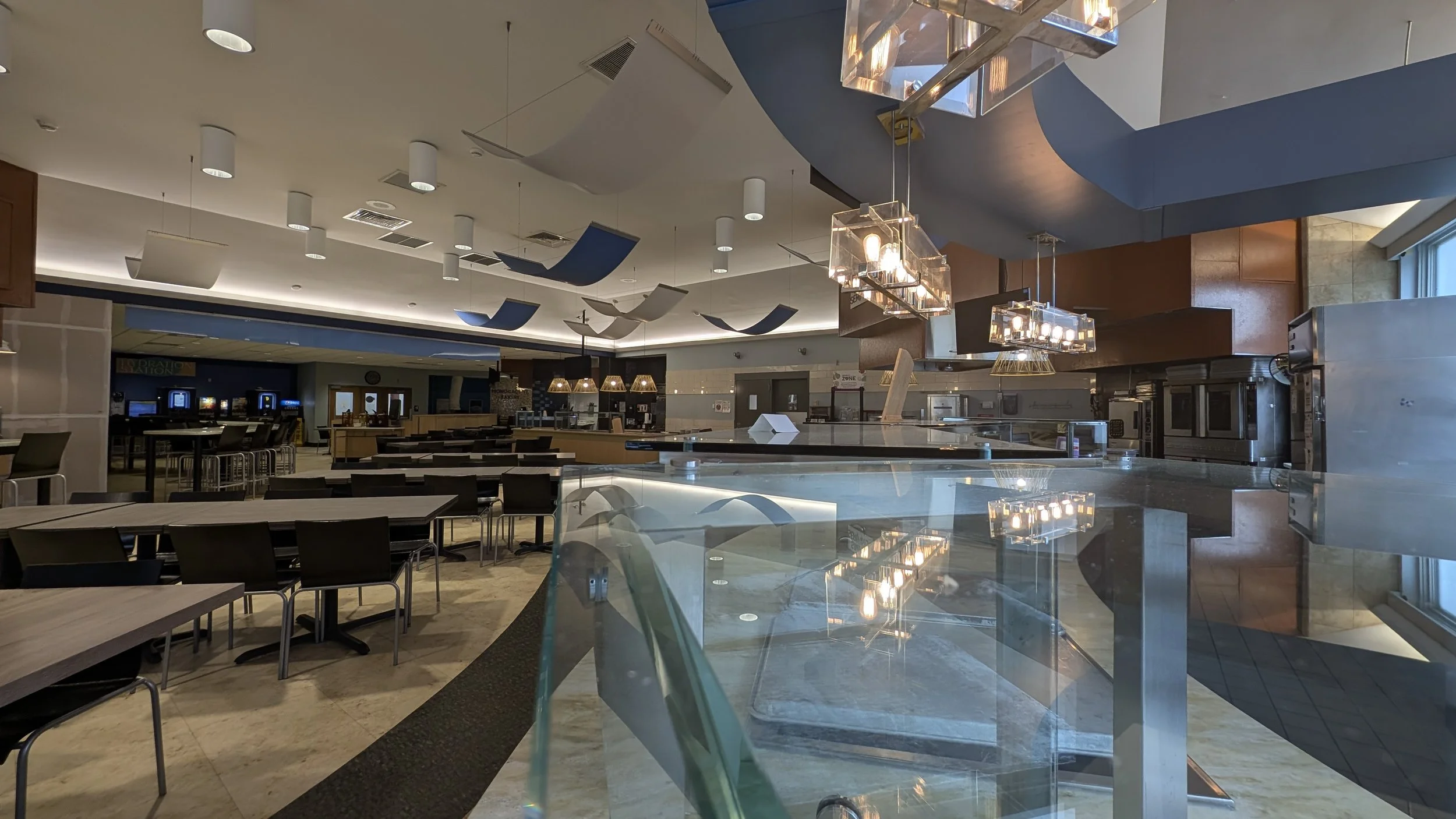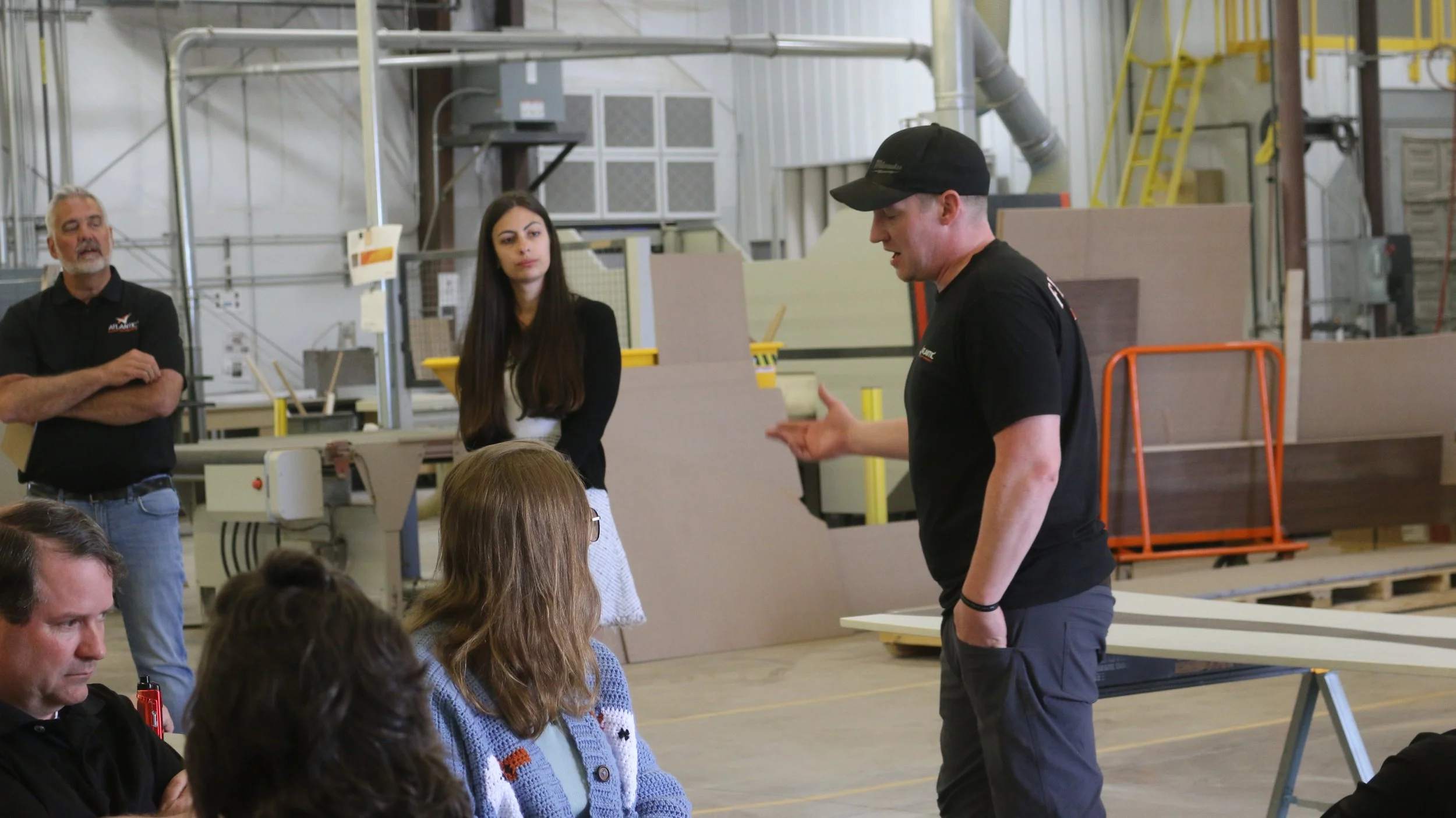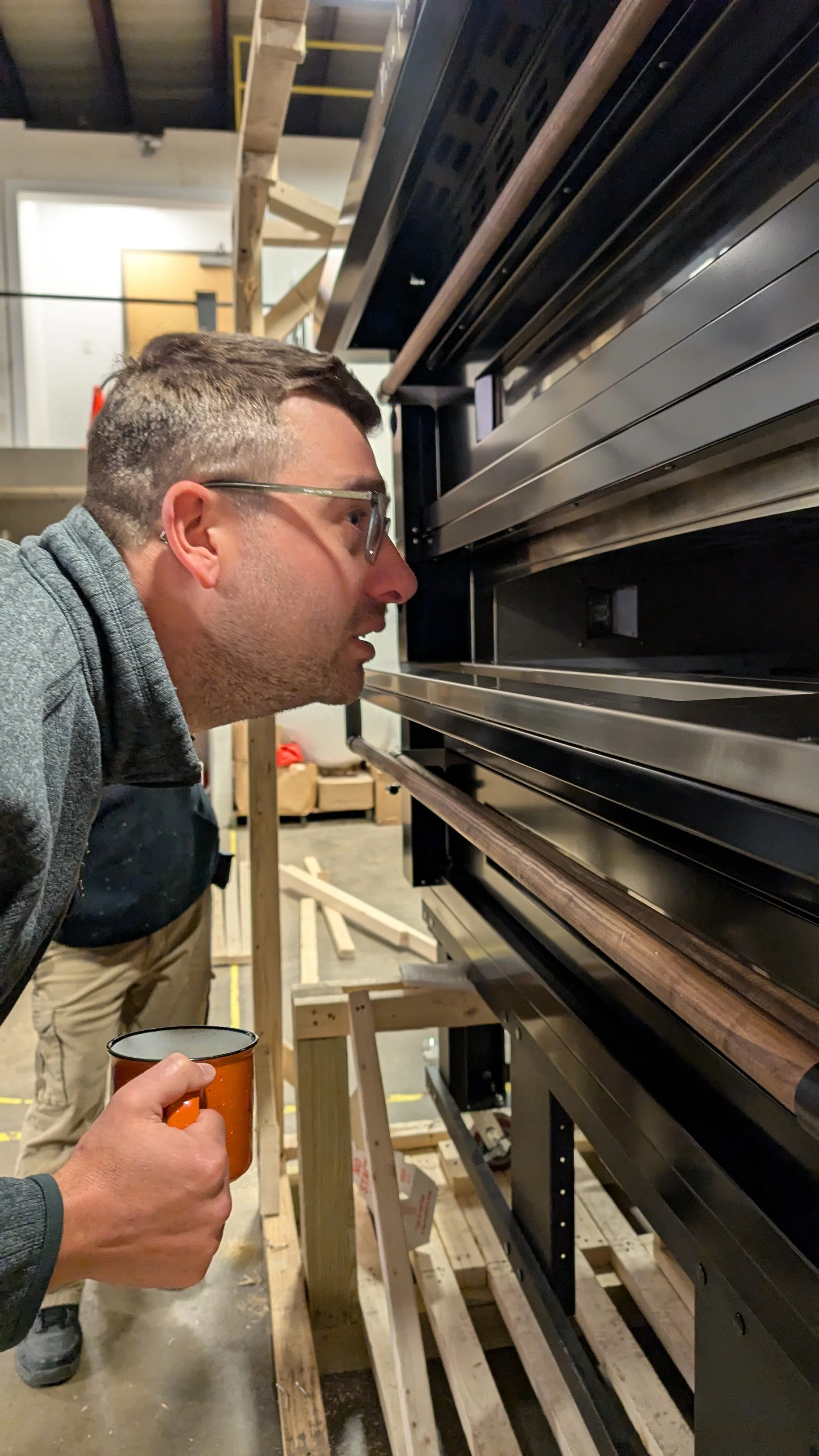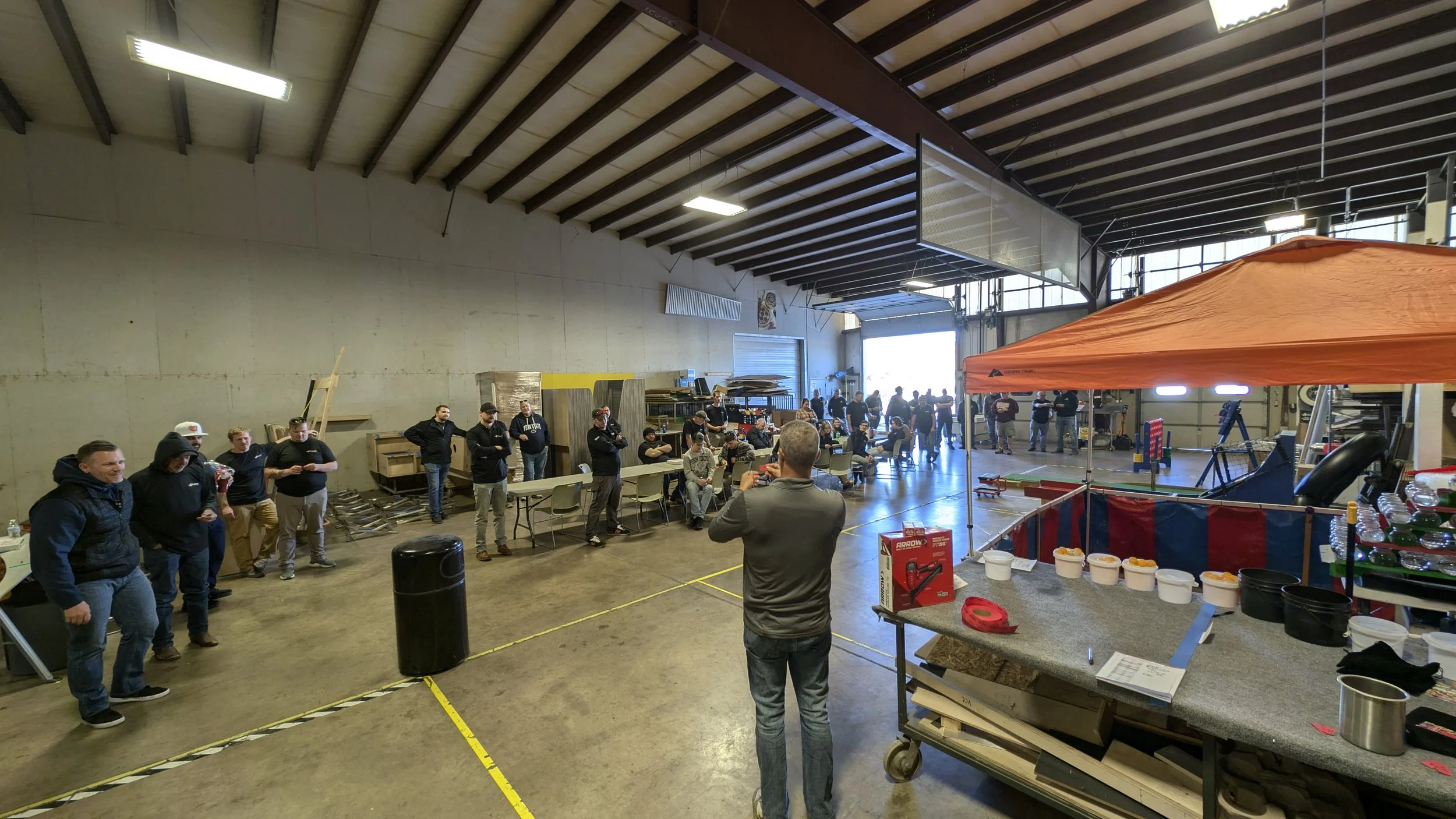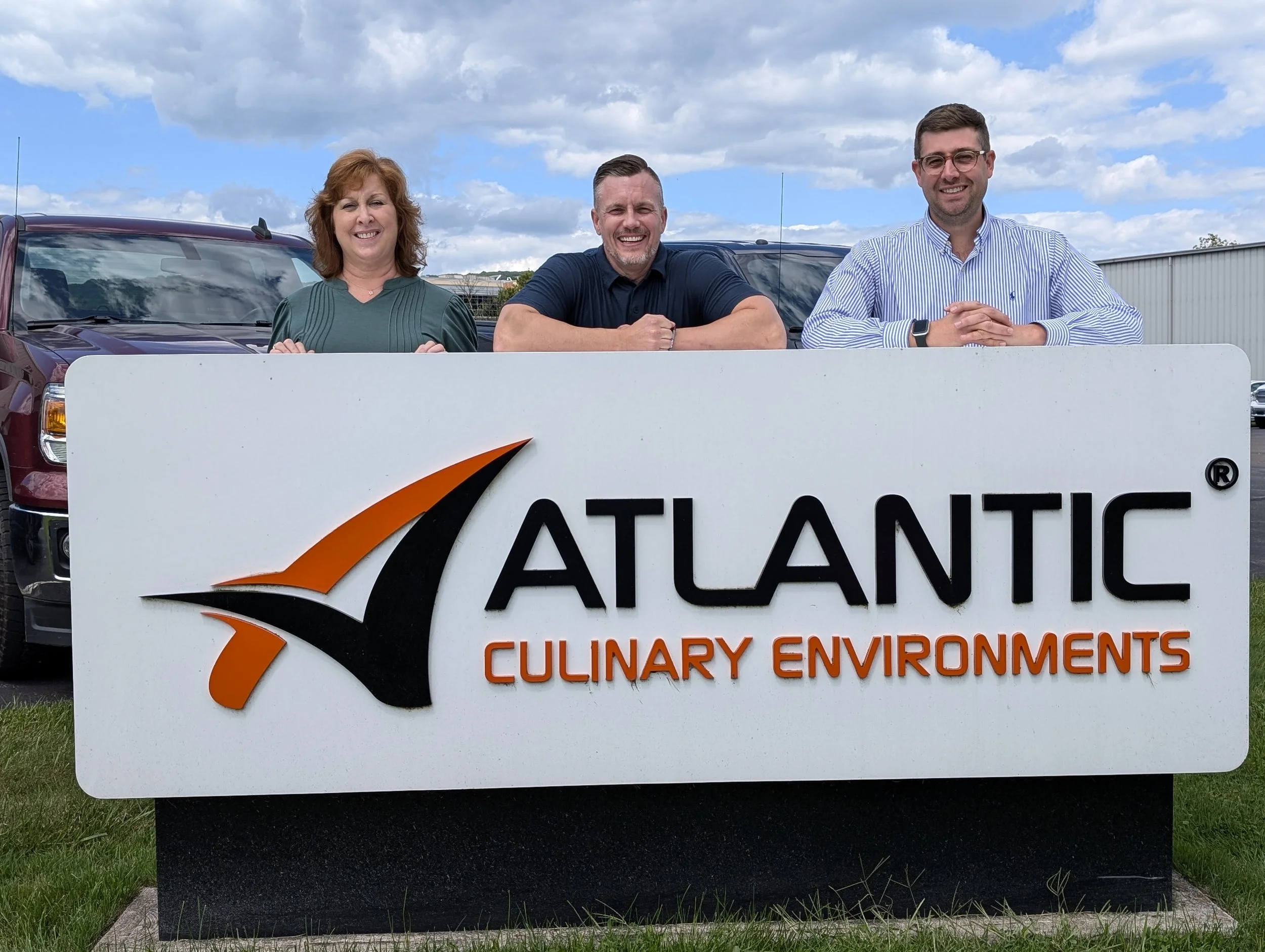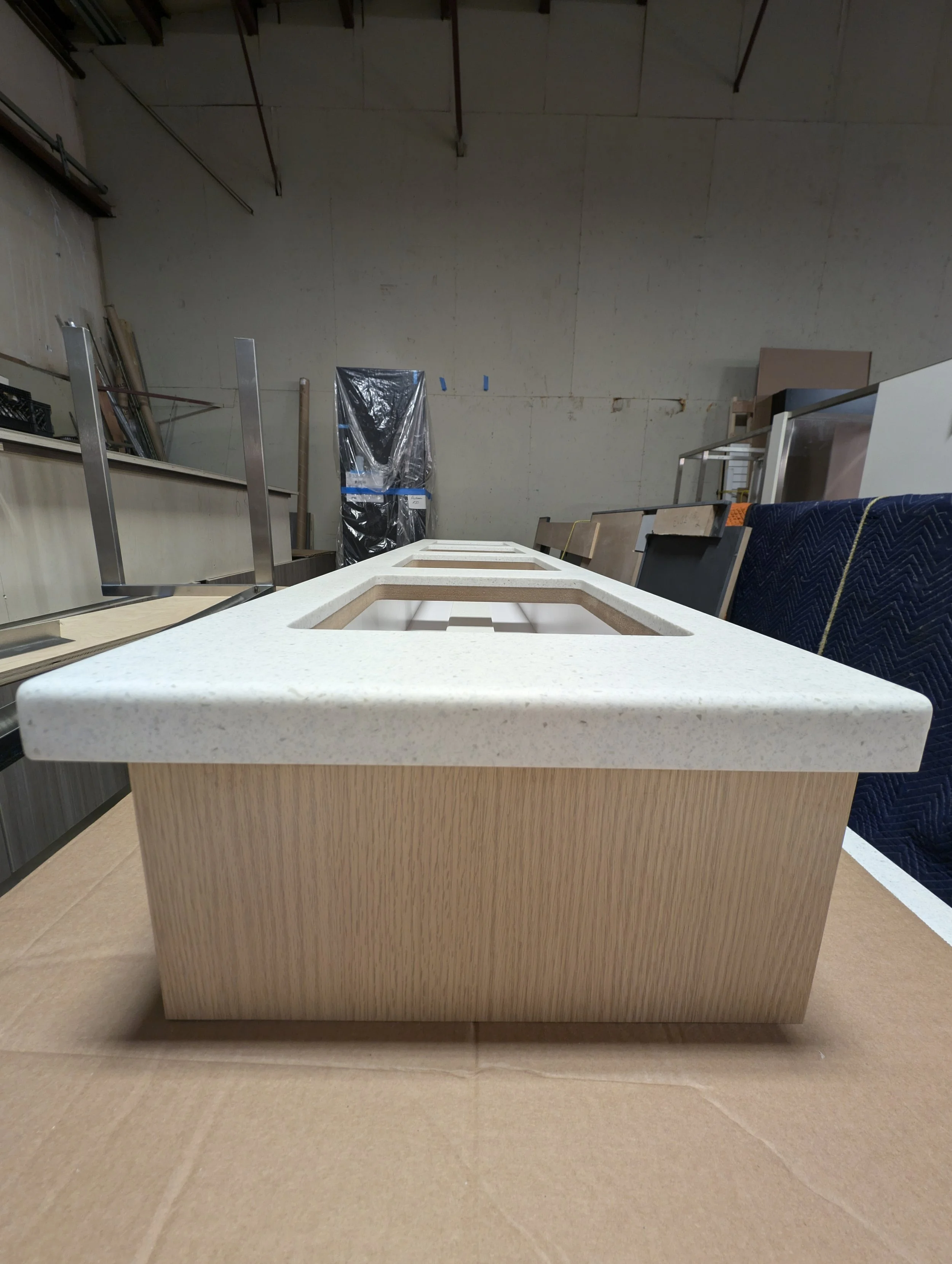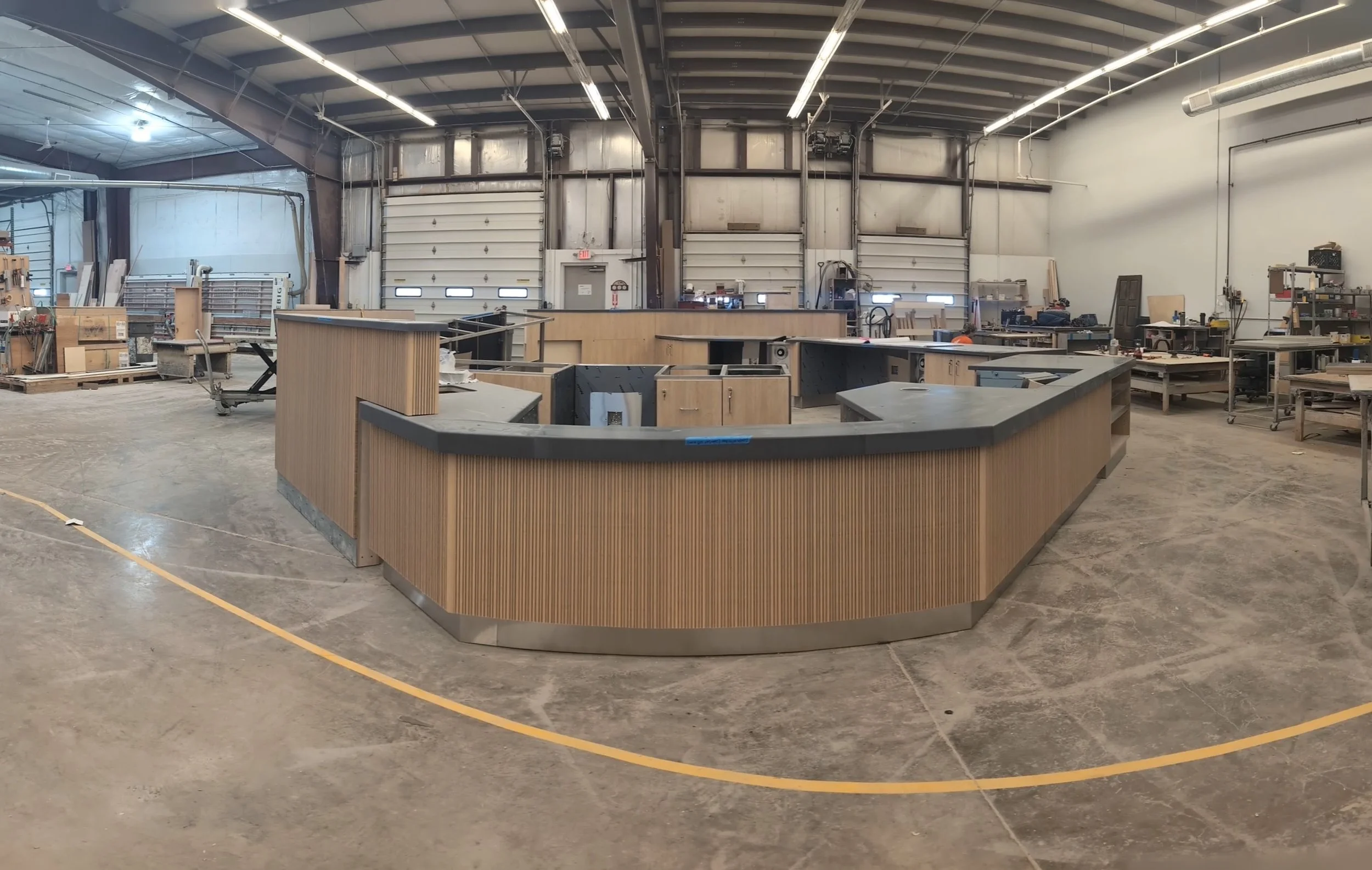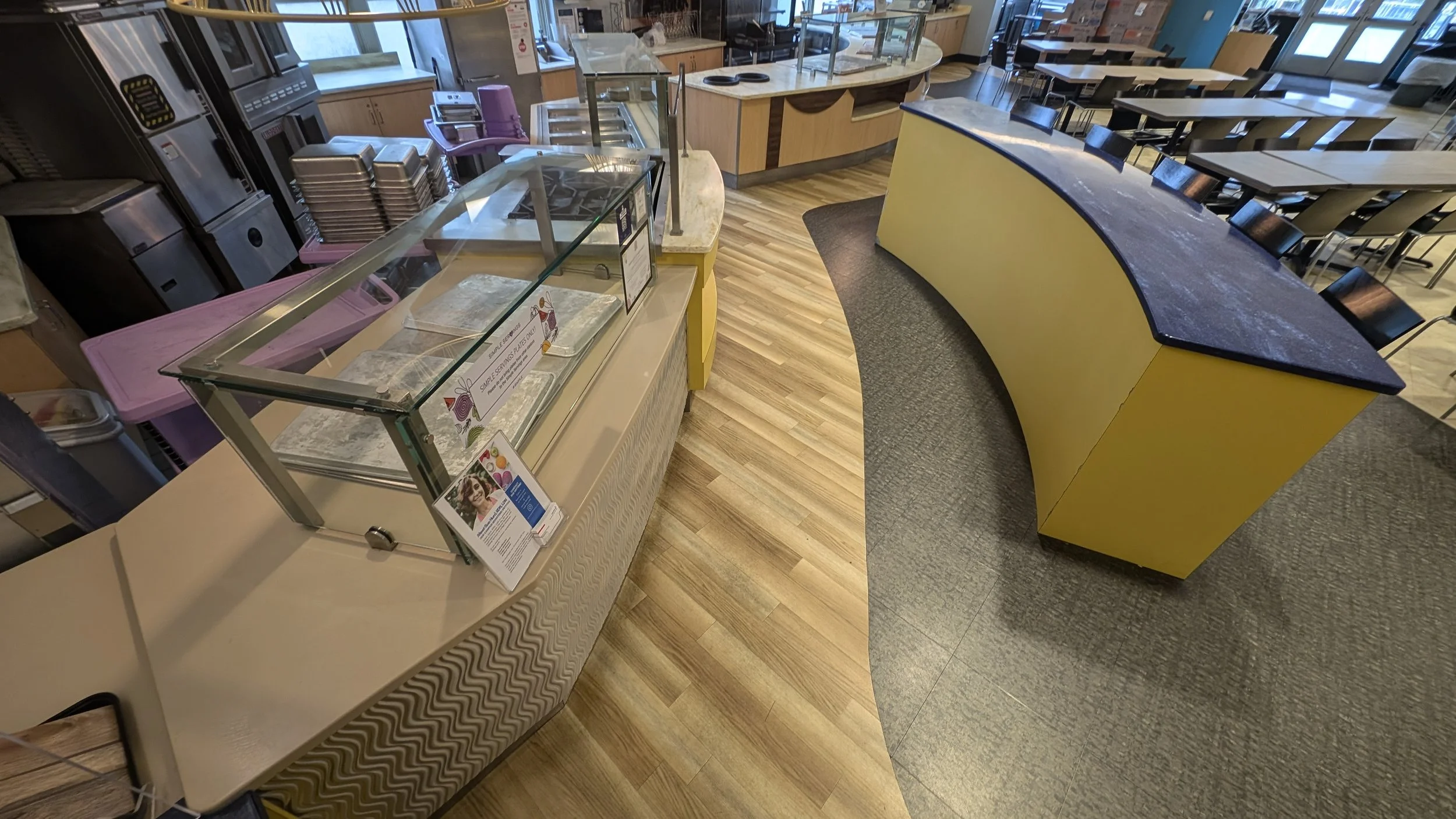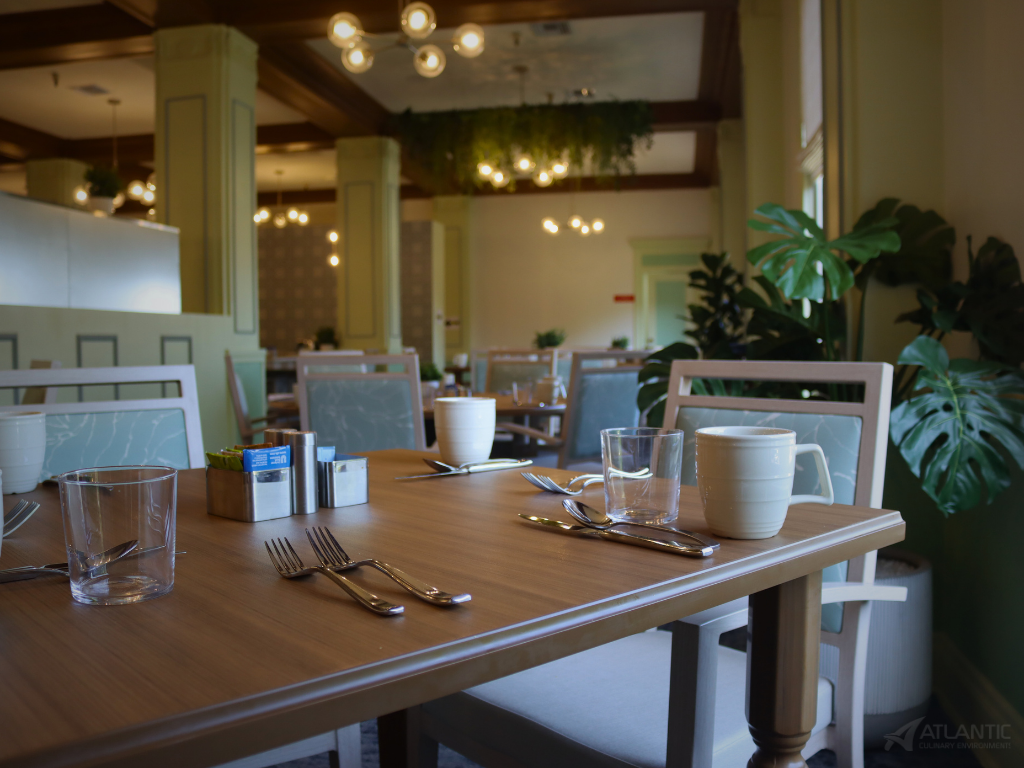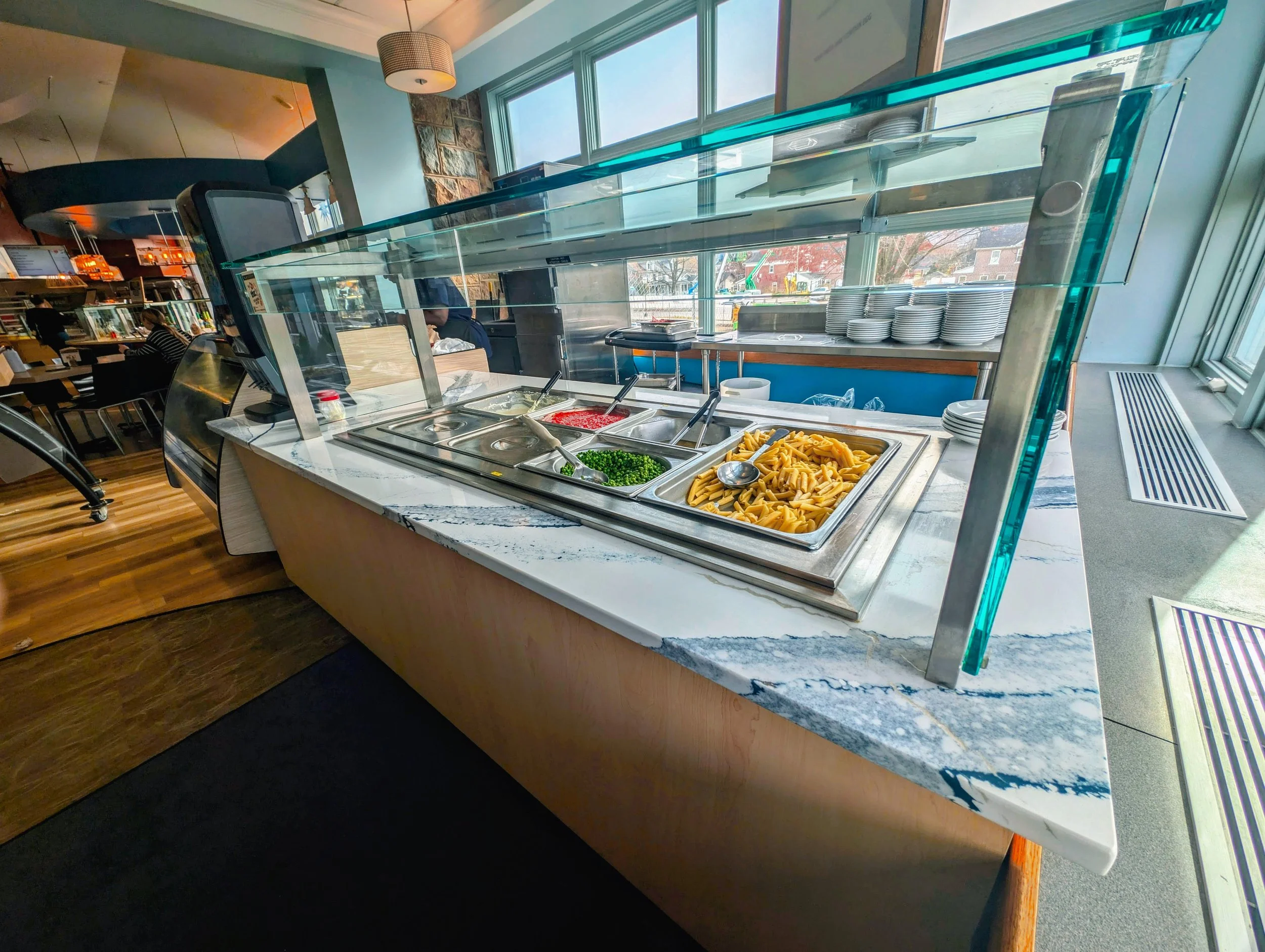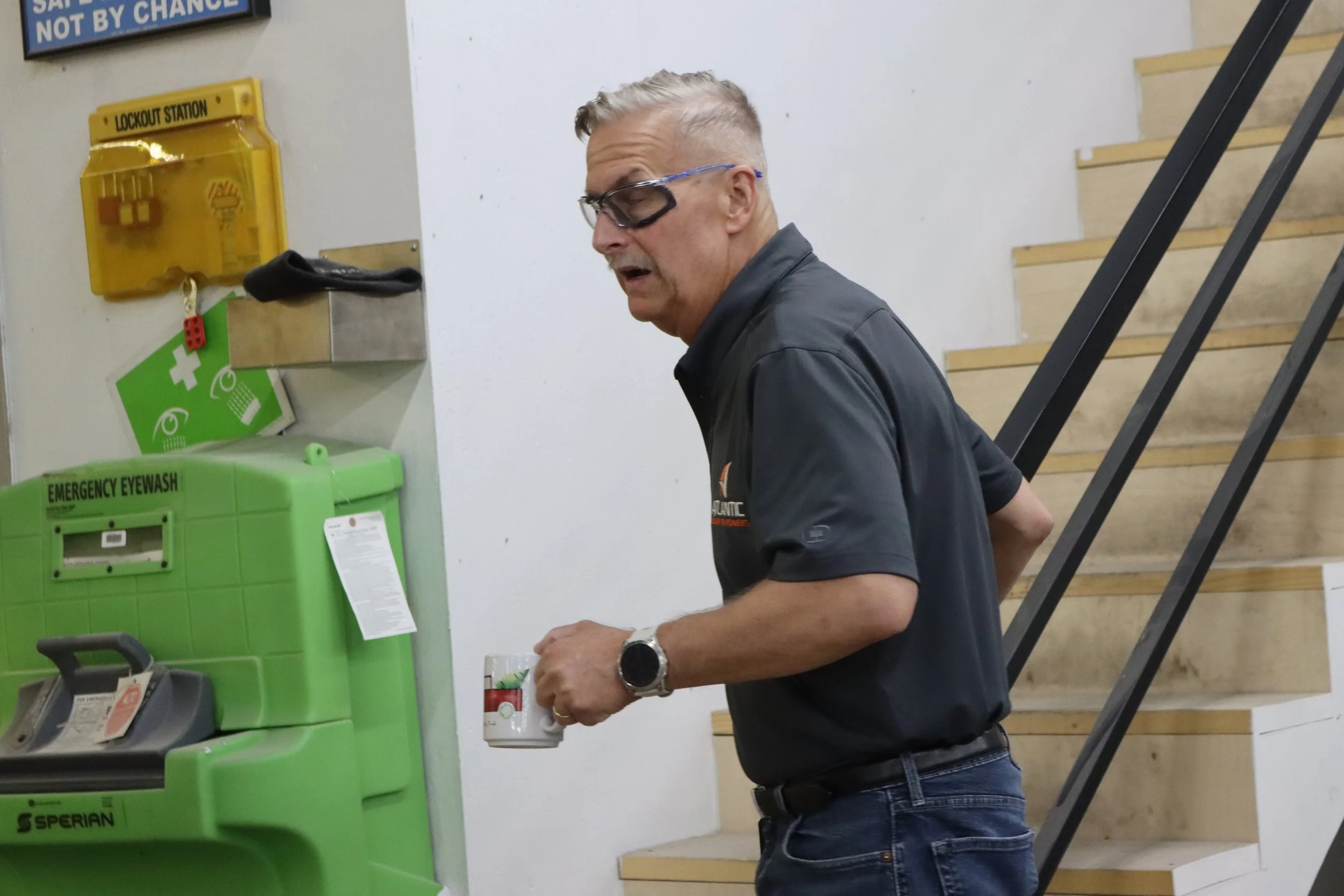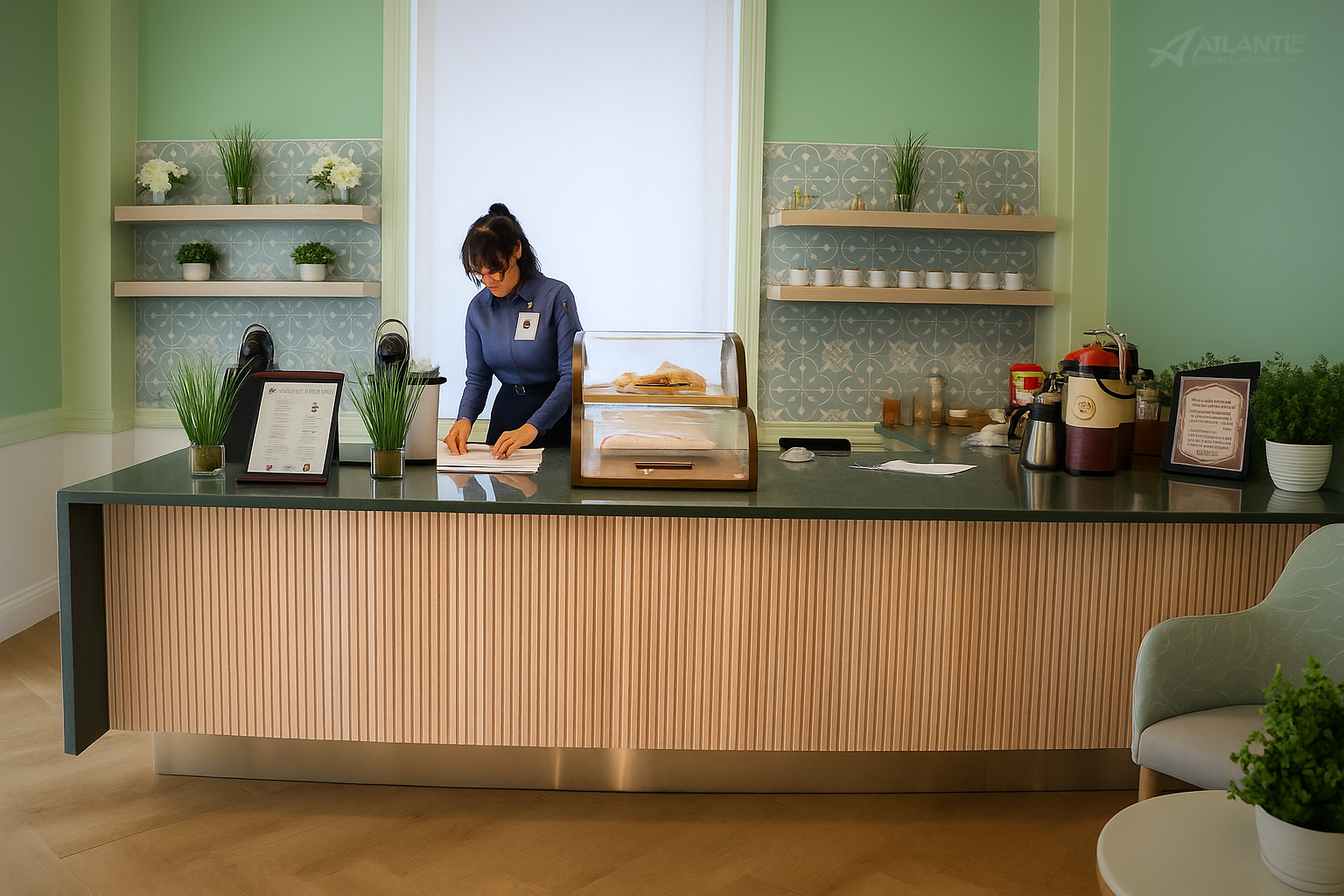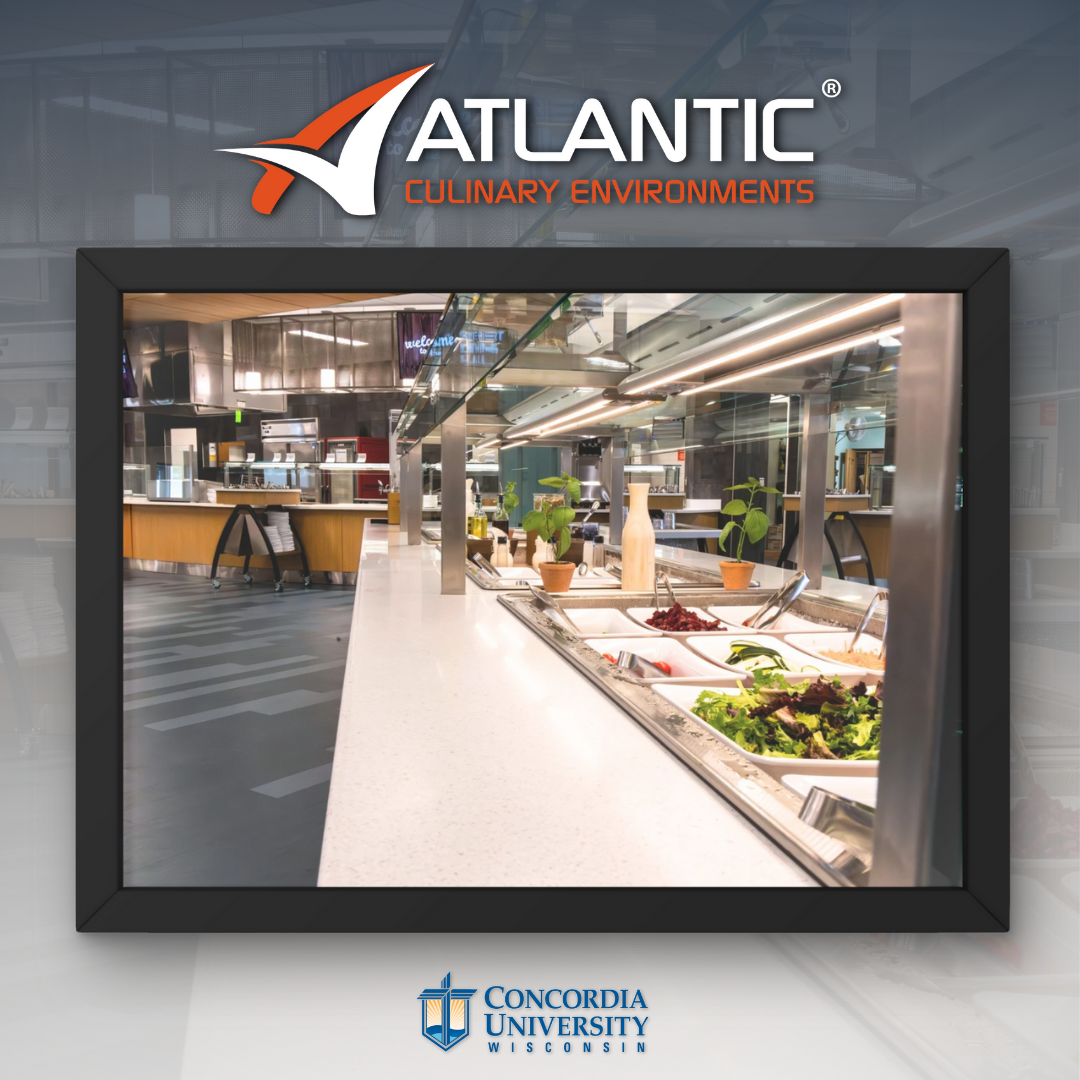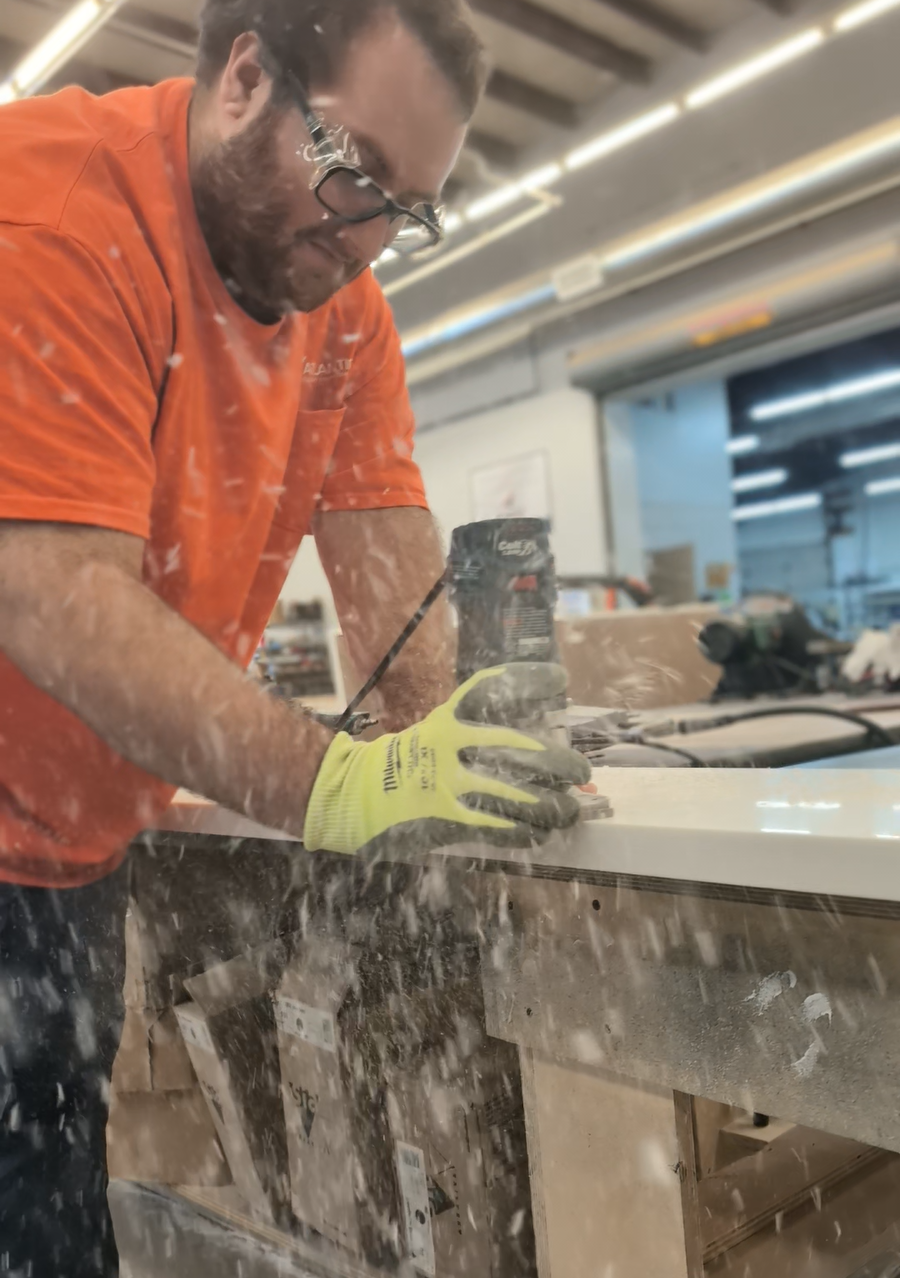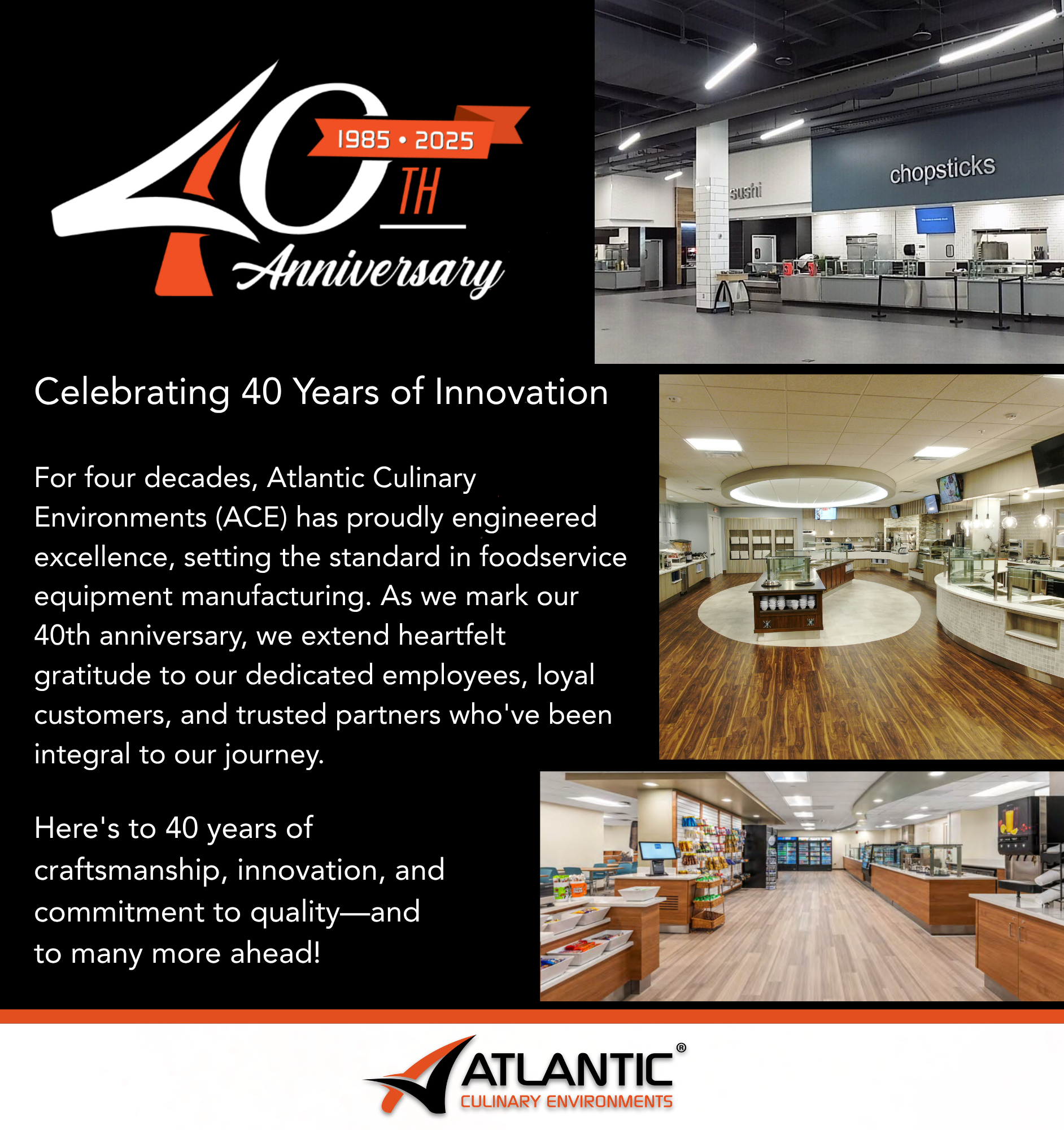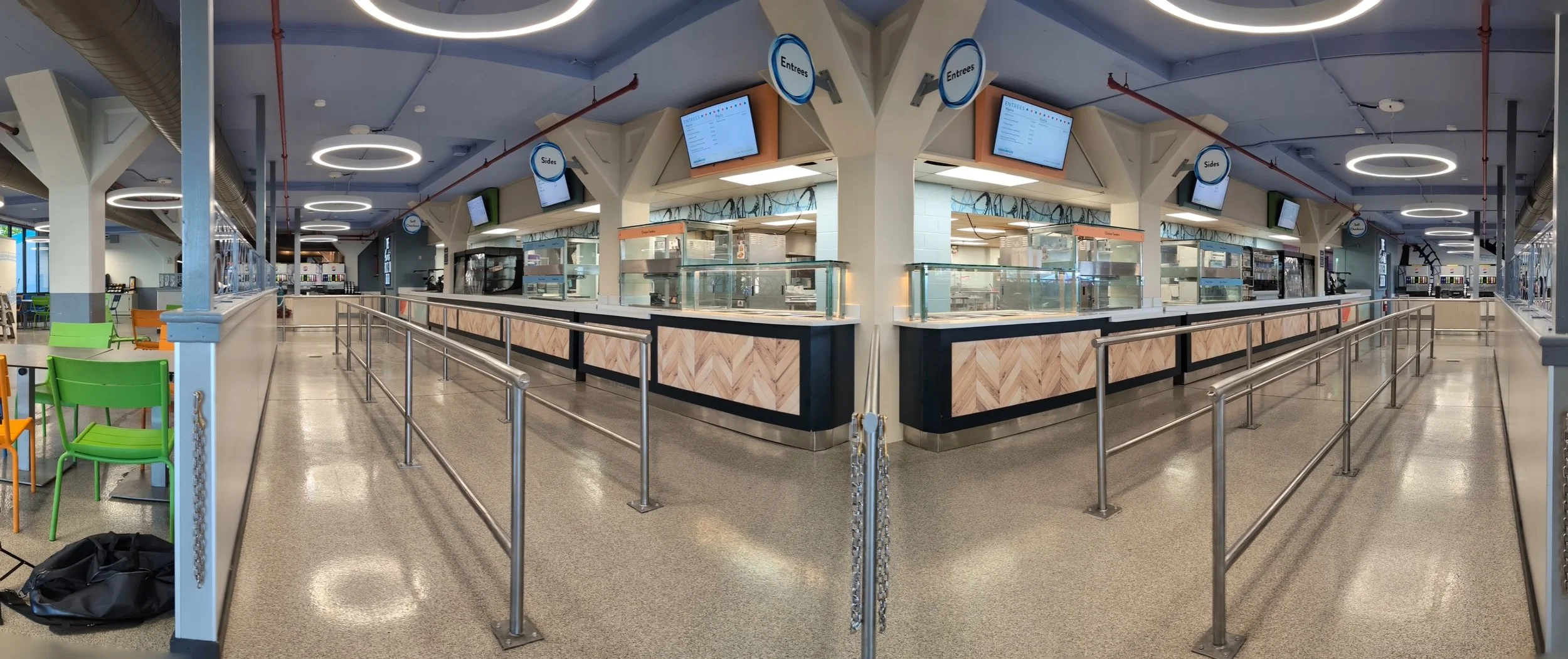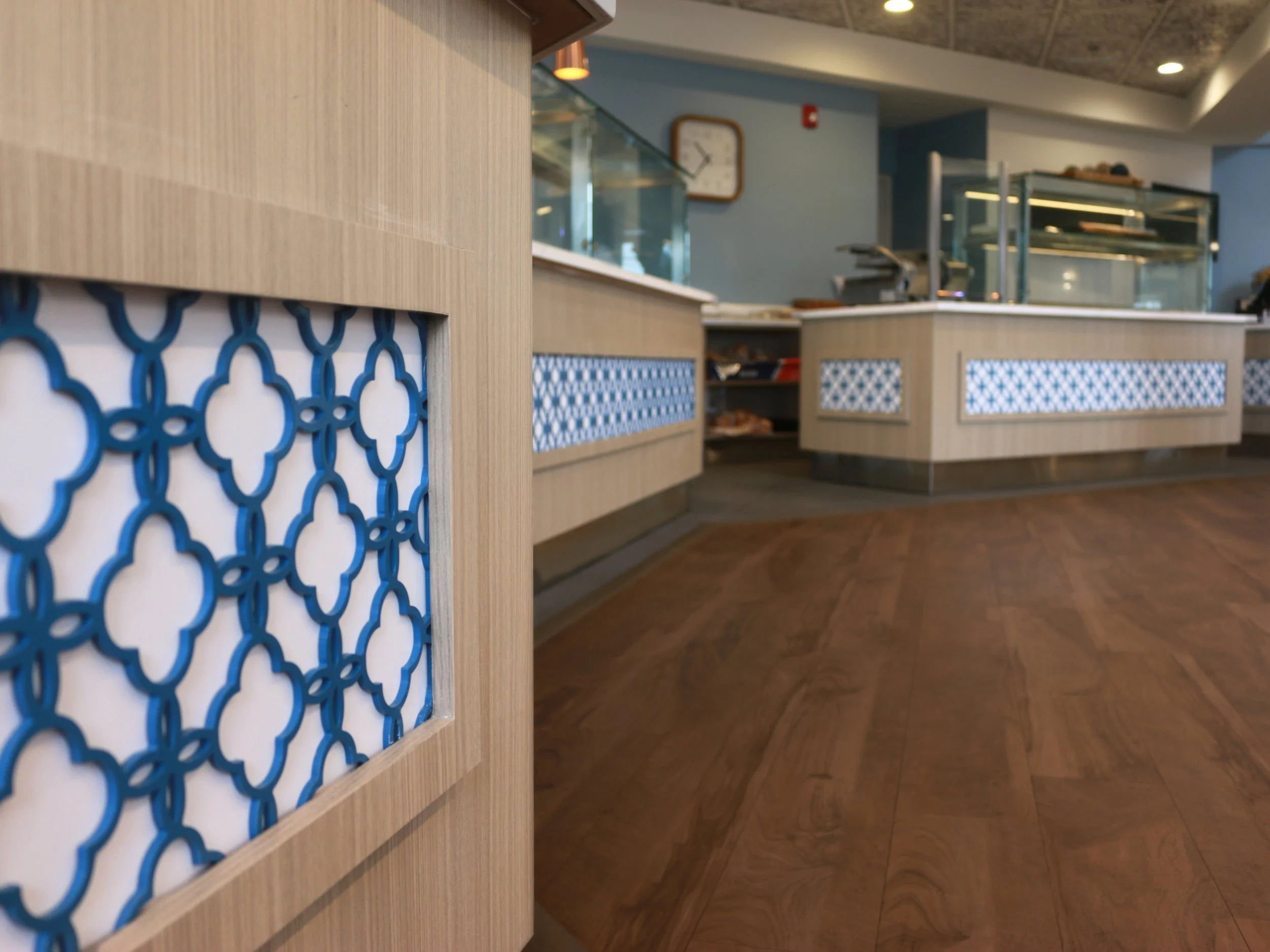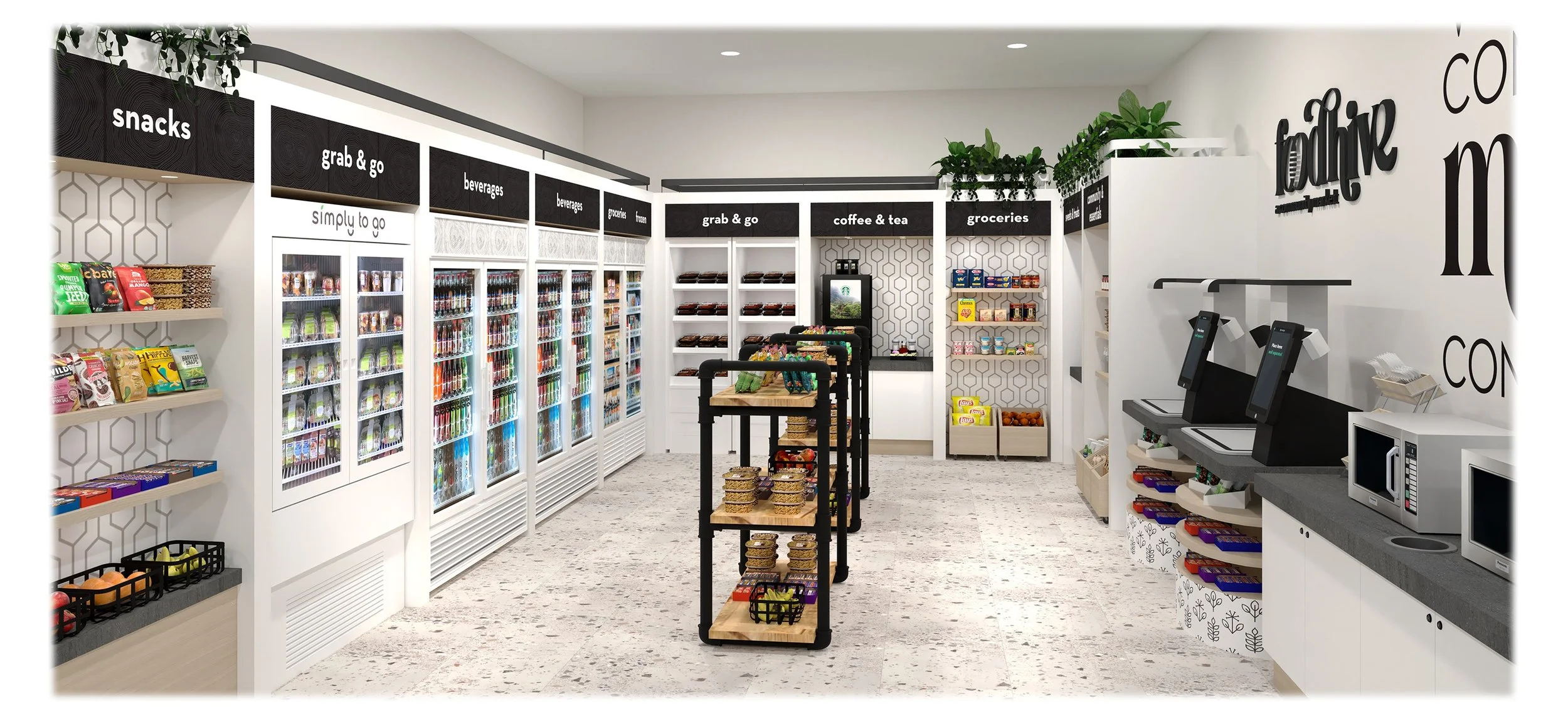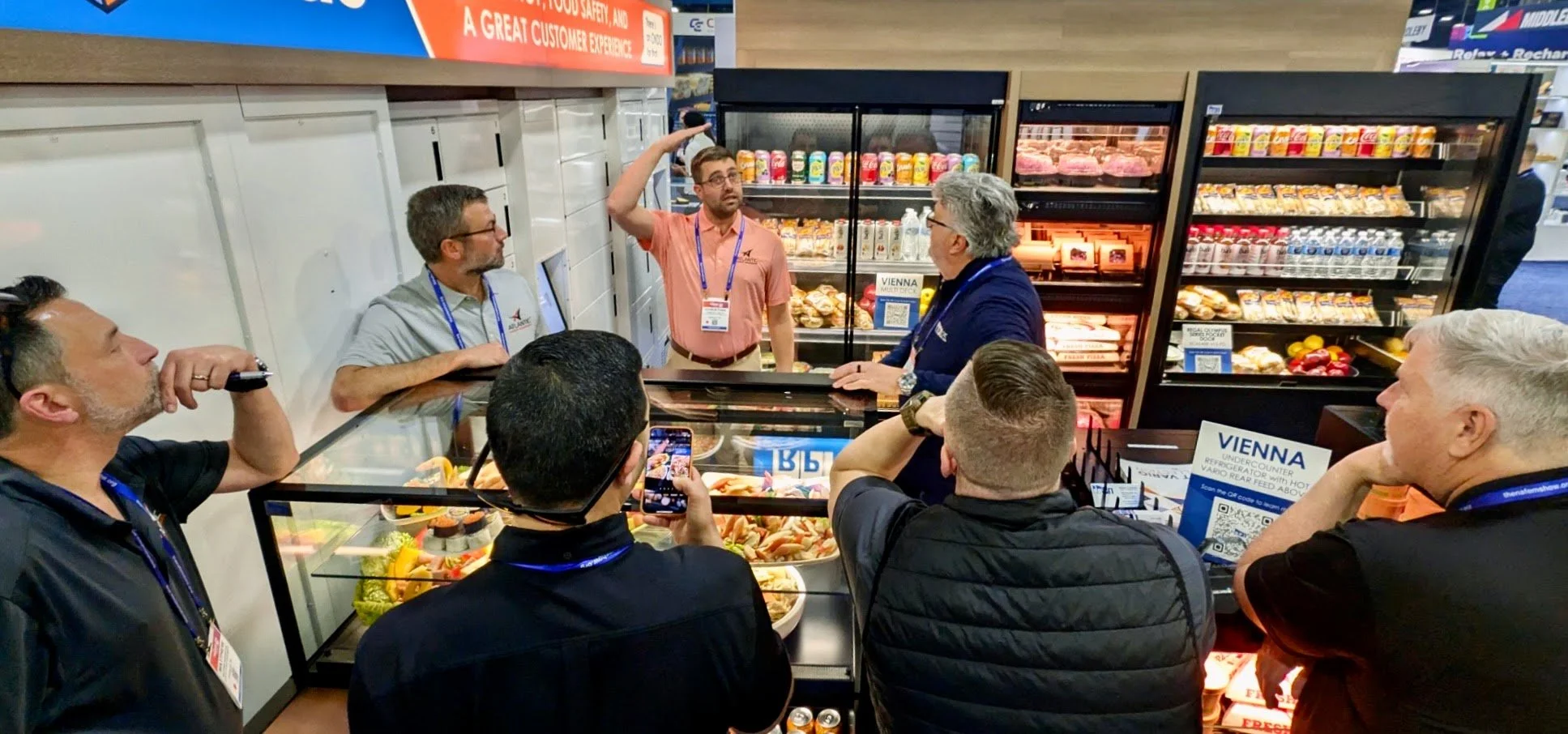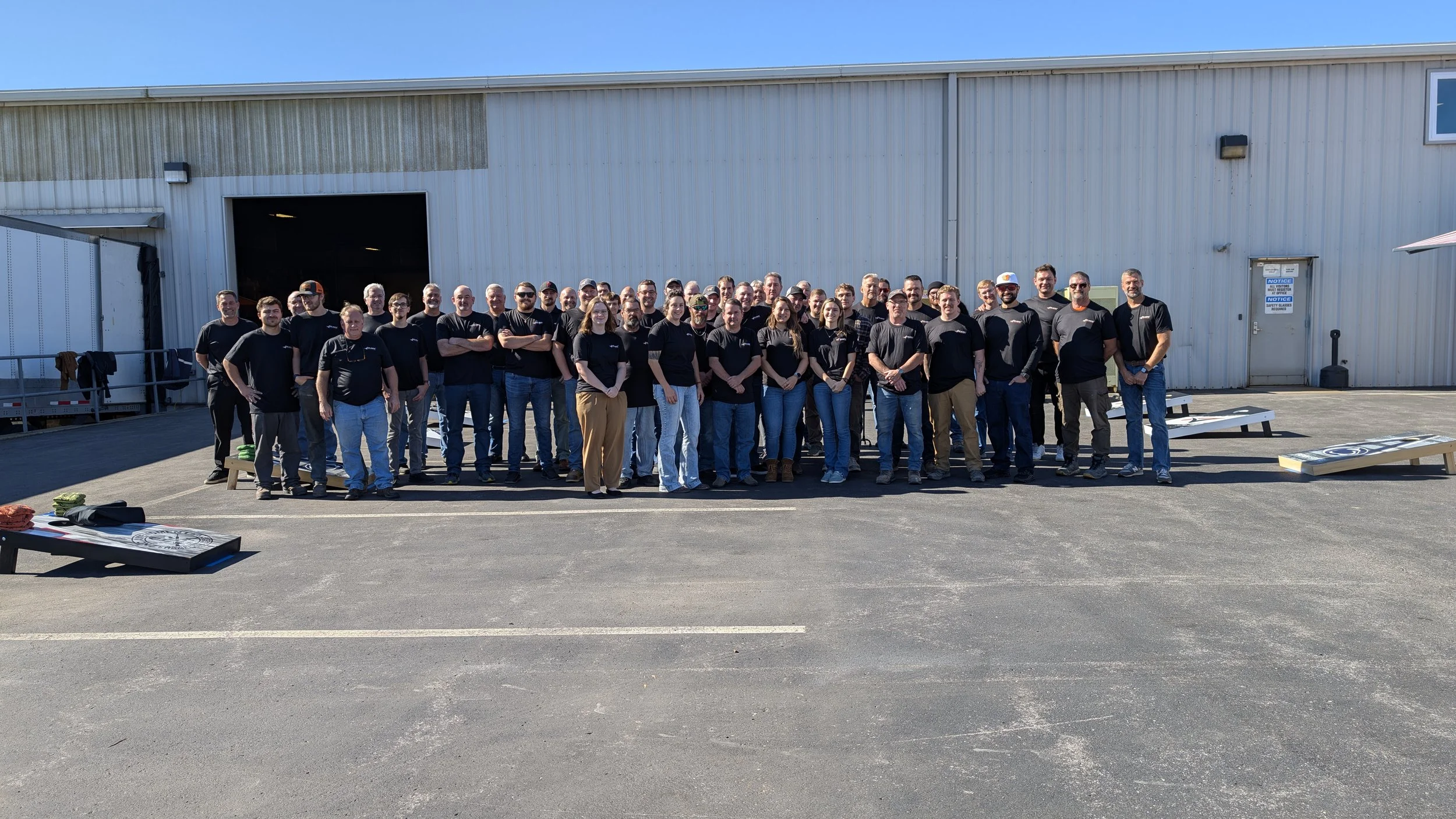
Atlantic Culinary Environments is a family-owned design-build firm specializing in high-performance culinary spaces for senior living, higher education, healthcare, and sports and entertainment venues.
All About ACE
Since 1985, we’ve delivered large-scale renovations to micromarket solutions with unmatched expertise, competitive pricing, and a seamless, start-to-finish process—enhancing experiences for residents, students, staff, and guests alike.

Our Services
-
At Atlantic Culinary Environments, we understand that a well-designed culinary space can elevate both function and experience. Our team of expert designers works closely with you to create a tailored space that aligns with your vision, maximizes efficiency, and enhances the overall dining experience. Whether you’re upgrading an existing space or creating a new one, we offer innovative design solutions that meet your specific needs.
Why Choose Our Design Services:
Custom layouts that optimize workflow
Solutions that adapt to your operational requirements
Expert knowledge of the latest culinary trends and technologies
-
Our custom manufacturing services ensure that every element of your culinary space is built to your exact specifications. From stainless steel counters to specialized millwork, our skilled craftsmen and advanced equipment create high-quality, durable products that last. We work with you to ensure that your custom items meet both aesthetic and functional needs.
Our Custom Manufacturing Capabilities:
High-quality stainless steel products
Custom millwork for a personalized touch
Designed for durability and long-term use
-
Installation is a critical phase in the project lifecycle. Our installation experts handle every detail to ensure seamless integration of your culinary space. From equipment installation to custom fixtures, we guarantee precise, on-time installations that minimize disruption to your operations.
Benefits of Our Installation Services:
Professional handling of all components
On-time completion and minimal downtime
Adherence to safety standards and industry regulations
-
We provide a comprehensive range of food service equipment through strategic partnerships with trusted manufacturers. Our procurement team ensures that you receive high-quality equipment at competitive prices. Whether you need a new oven, refrigeration unit, ventless or specialized equipment, we source what you need to operate efficiently and effectively.
Why Choose Our Equipment Procurement:
Access to top brands and reliable manufacturers
Competitive pricing through our national GPO relationships
Expertise in sourcing the right equipment for your kitchen's needs
-
If your culinary space needs a facelift, we specialize in renovation projects that breathe new life into outdated kitchens and dining areas. We work with you to modernize your space with updated equipment, efficient layouts, and design features that improve functionality and aesthetics.
Our Renovation Process Includes:
Assessing your current space and needs
Creating cost-effective and time-efficient renovation plans
Incorporating cutting-edge culinary technology and design elements
-
From concept to completion, our project management team ensures your renovation or construction project stays on track. We oversee every aspect of the project, including timelines, budgets, and coordination with contractors and vendors. Our goal is to deliver a hassle-free experience with successful outcomes that meet your objectives.
Key Project Management Benefits:
Streamlined communication between all stakeholders
Timely execution and within-budget delivery
Expert guidance through all phases of the project


